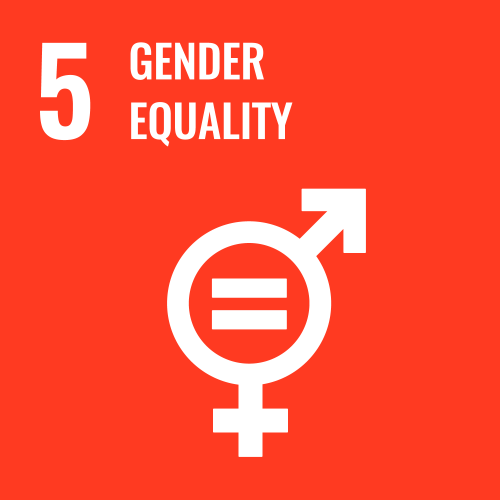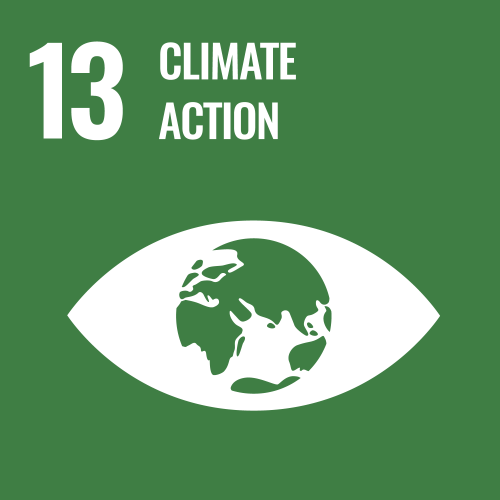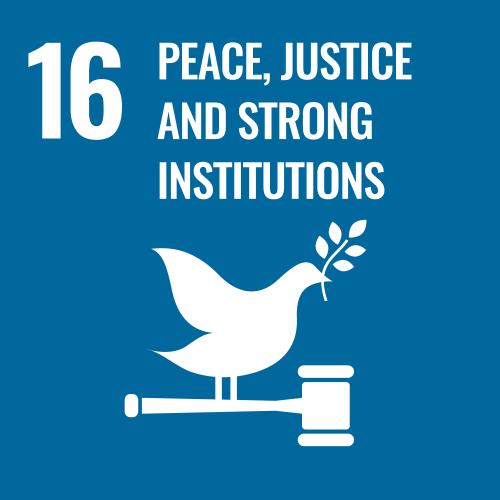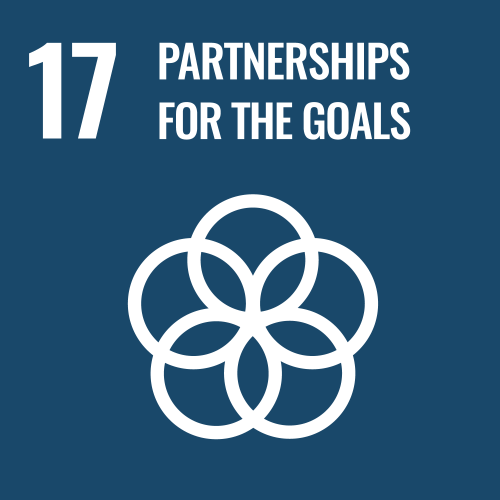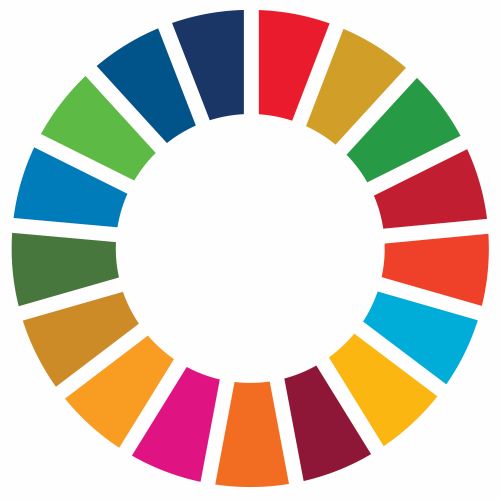
08/04/2025
The three European projects have organised side events on prevention, reduction and consequences of drug use and trafficking.
The 68th session of the United Nations Commission on Narcotic Drugs (CND) was held in Vienna, where around 2100 representatives of Member States met to discuss international drug policy. The European programmes CADAP 7, EU-ACT and COPOLAD III participated in the commission through side events. In addition, the three projects have been part of the Spanish information stand, where they have been able to present their reports and activities.
EU-ACT participated in an event organised by Iraq with the support of the Arab Interior Ministers Council (AIMC) and the participation of the European Union Drugs Agency (EUDA). There, they explored ongoing efforts to tackle drug trafficking in Iraq and the wider Middle East and Mediterranean regions. Progress in regional data collection and analysis, enhanced cooperation and tailored technical assistance to strengthen drug law enforcement and monitoring mechanisms were highlighted.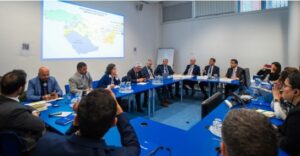
For its part, the AIMC presented the ongoing efforts to establish an Arab Drugs Observatory. EUDA presented the agency’s mandate and structure, as well as the preliminary results of the strategic assessment on methamphetamine production and trafficking in the North African region.
CADAP 7 supported side events organised by Kazakhstan, Kyrgyzstan and Uzbekistan. Kazakhstan focused on strengthening measures to combat illicit drug trafficking and address the challenge associated with the rise of new psychoactive substances, developing a unified control strategy and effective rehabilitation and reintegration programmes.
On the other hand, Kyrgyzstan has addressed the current problem of synthetic drugs, which are easy to develop and access, leading to a significant increase in their use.
Finally, Uzbekistan has included a discussion on measures to be implemented to effectively prevent drug use among women and girls: school and community programmes, family initiatives, gender-specific programmes that take into account the specific vulnerability and resilience factors of girls and women.
In addition, CADAP 7 has supported Spain in organising a meeting with delegates from Central Asian countries to show their commitment to international cooperation programmes on drug policy in Central Asia.
For its part, COPOLAD III has been involved in organising events on the implementation of gender-equitable drug policies, the environmental impact of drugs and an update on new psychoactive substances: synthetic drugs.
They have presented experiences related to women’s problematic drug use and the humanisation of criminal justice, as well as strategies to break the dependence of
women on the drug economy through alternative development.
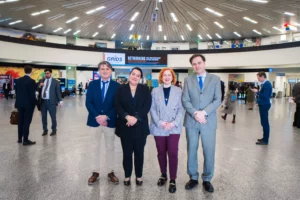 In addition, they organised a roundtable that addressed how evidence indicates that illicit drug cultivation, production and trafficking generate significant environmental impacts. The integration of these concerns in multilateral spaces dedicated to environmental issues remains limited. Therefore, recognising the effects of drug economies on the environment implies designing and implementing actions aimed at identifying and repairing these harms.
In addition, they organised a roundtable that addressed how evidence indicates that illicit drug cultivation, production and trafficking generate significant environmental impacts. The integration of these concerns in multilateral spaces dedicated to environmental issues remains limited. Therefore, recognising the effects of drug economies on the environment implies designing and implementing actions aimed at identifying and repairing these harms.
